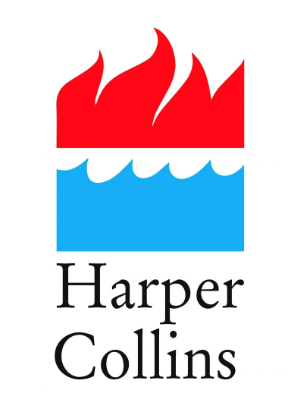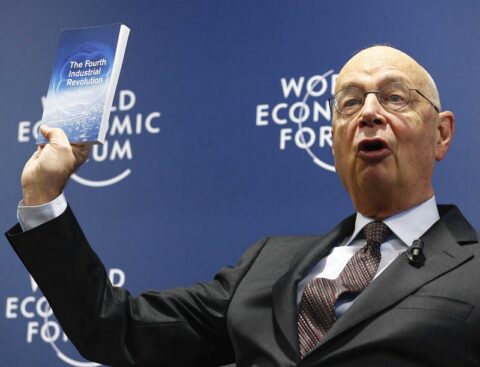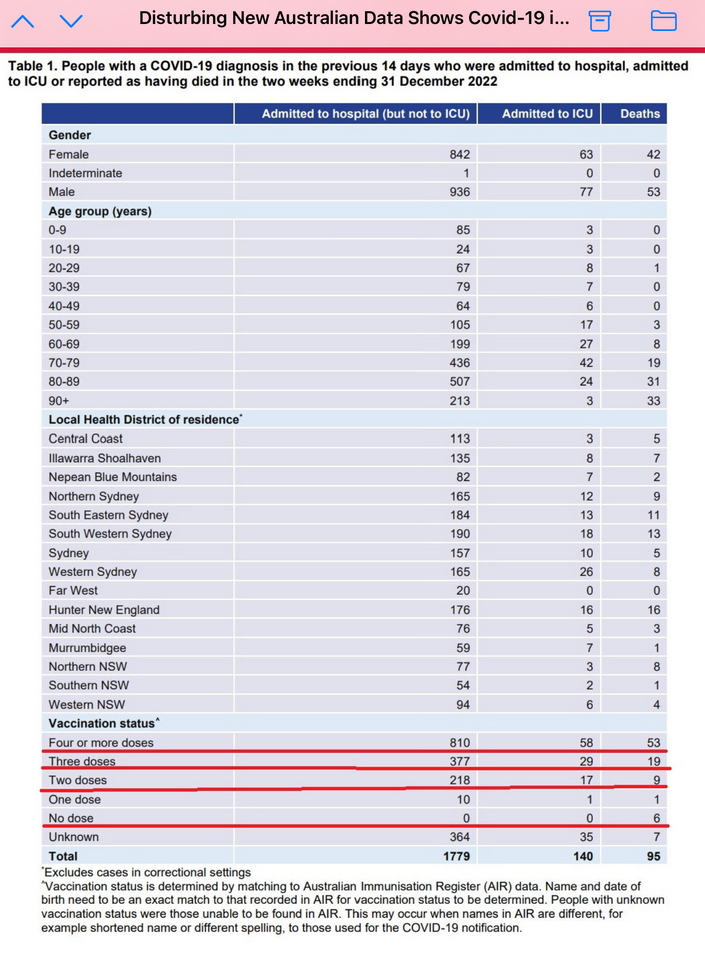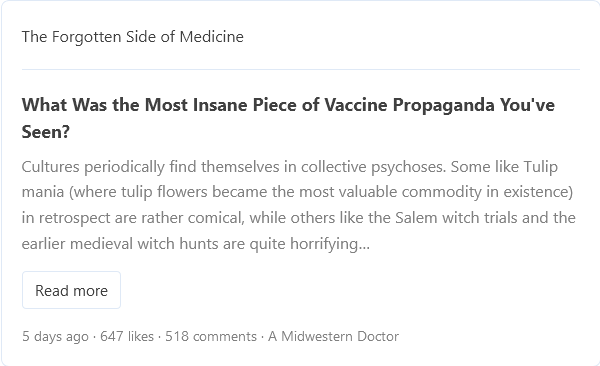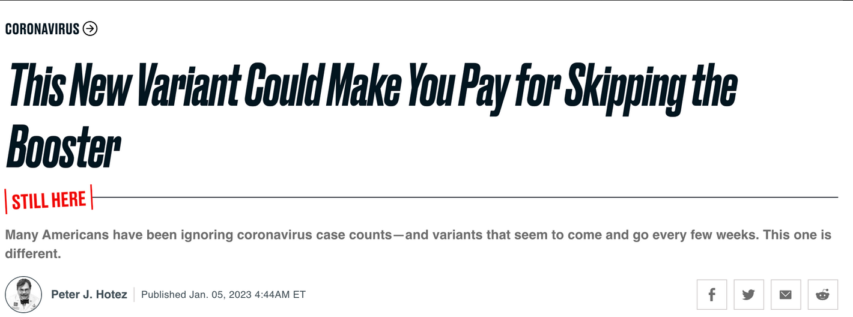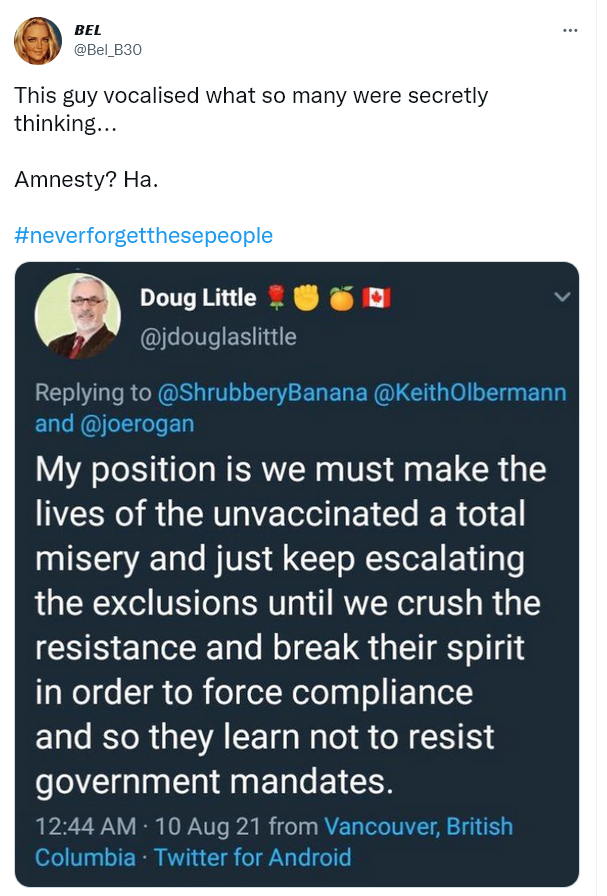In the latest SHuSH newsletter, Ken Whyte refers back to HarperCollins and the predicted outcome of taking the one-off sales bonanza of peak pandemic and expecting those numbers to continue once the lockdowns eased:
Book sales spiked during the pandemic and no one enjoyed the ride more than HarperCollins CEO Brian Murray. In June 2021, with his revenue up 19% and his profits up 45 percent, Murray opened the taps:
We are being aggressive in terms of buying books. We’ve seen the book pie grow maybe 15 percent and so our response, which is part opportunist, part defensive, is to be aggressive in buying right now. Because if that pie remains large, we want to make sure that we get a nice share of the larger pie. And if it happens to wane a little bit, we want to make sure that we have a lot of new, exciting books for the future that will maintain our revenues at the current levels. So we’ve been very aggressive over the last six to nine months in trying to sign up the best books that we see in the marketplace.
Murray not only bought more books than usual, he paid more than usual. I read his comments at the time and called my buddy, ECW founder Jack David, who, in his half century in the business, has seen everything. Jack’s response: “Don’t do it!”
Jack and I agreed (see SHuSH 103) that even if Murray acquired a lot of good titles, revenues would disappoint in 2022 and beyond. The publishing pie hadn’t grown. It was temporarily inflated by the unusual and temporary circumstances of the pandemic. Inevitably, life would return to some semblance of normal and aggregate demand for books would revert to the mean. “Twelve months from now,” wrote SHuSH, “Murray will be out of range of 2021’s windfall profits, and perhaps worried about losing money. That’s when the cutting begins.”
We promised at the time to check back to discuss “the great publishing contraction of 2022”.
It’s been eighteen months and the great publishing contraction is now upon us.
Here are the last six months of 2022 according to the Association of American Publishers: July, down 14.9 percent from the previous year; August, down 9 percent; September, down 4.5 percent; October, down 9.3 percent; November, down 6 percent. December should be reported in a week or two. It, too, will be down something.
Another data source is NPD BookScan, which estimates book sales were down 6.5 percent in 2022 compared to 2021.
Give Brian Murray credit for at least being first among his colleagues to react to these new circumstances. He announced last week that he will be cutting 5 percent of his North American work force because the sales surge enjoyed during the pandemic has “slowed significantly as of late.” His note to staff said “we must pause to recognize the depth of the core issues we currently face”. He pointed directly at “unprecedented supply chain and inflationary pressures … increasing paper, manufacturing, labor, and distribution costs”. The company has been raising prices and cutting costs since last fall (so maybe our timing wasn’t off), but “more needs to be done”.
More indeed. Unfortunately. Book sales in 2022 may have been down from 2021 levels but they’re still 11.8 percent above 2019, the pre-pandemic year, suggesting the correction is not finished. Meanwhile, economists say there’s a 70 percent chance of a recession this year. Let’s hope they’re wrong or, at minimum, that any downturn will be shallow and quick.

